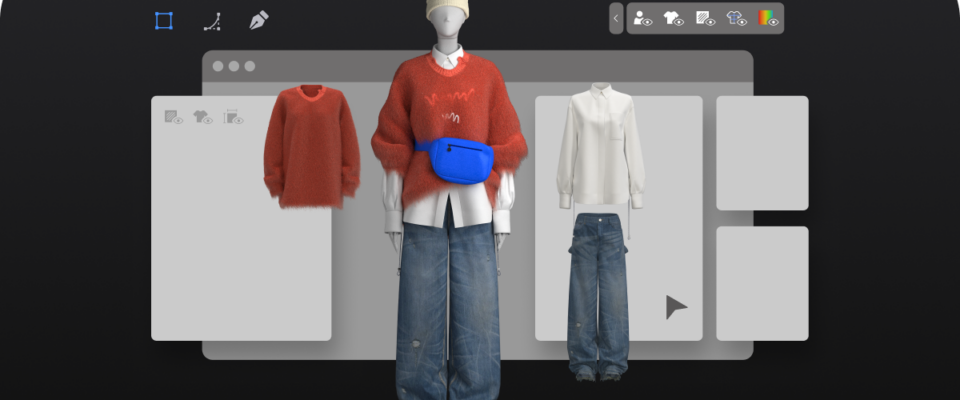The Future of Fashion: How Artificial Intelligence is Revolutionizing the Industry
In recent years, the fashion industry has witnessed a significant transformation, thanks to the integration of Artificial Intelligence (AI). This cutting-edge technology is not just a buzzword; it’s a game-changer that is reshaping how designers create, how brands market, and how consumers shop.
AI in Design and Production
One of the most exciting applications of Artificial Intelligence in fashion is in the design and production process. AI-powered tools are enabling designers to create more accurate and realistic digital prototypes. These tools can simulate how fabrics will drape, how colors will look under different lighting conditions, and even predict how a garment will fit on different body types. This not only speeds up the design process but also reduces waste, making fashion more sustainable.
Personalized Shopping Experiences
Another area where Artificial Intelligence is making a big impact is in personalized shopping experiences. AI algorithms analyze consumer behavior, preferences, and purchase history to offer tailored recommendations. This means that shoppers are more likely to find items that they love, leading to higher customer satisfaction and increased sales for brands.
Virtual Try-Ons and Augmented Reality
Virtual try-ons and augmented reality (AR) are also becoming increasingly popular, thanks to AI. These technologies allow consumers to see how clothes will look on them without having to physically try them on. This is particularly useful in the era of online shopping, where the inability to try on clothes has been a significant barrier to purchase. With AI-powered virtual try-ons, consumers can make more informed decisions, reducing the likelihood of returns and increasing overall satisfaction.
Supply Chain Optimization
AI is also revolutionizing the fashion supply chain. By analyzing vast amounts of data, AI can predict demand more accurately, optimize inventory levels, and even suggest the best routes for shipping. This leads to reduced costs, faster delivery times, and a more efficient supply chain overall.
Conclusion
The integration of Artificial Intelligence into the fashion industry is not just a trend; it’s a fundamental shift that is here to stay. From design and production to personalized shopping experiences and supply chain optimization, AI is making fashion more efficient, sustainable, and consumer-friendly. As technology continues to evolve, we can only expect these advancements to become even more sophisticated, further revolutionizing the industry.
For more insights into how AI is transforming fashion, visit Style3D.
Keyword: costume design software

Recent Comments